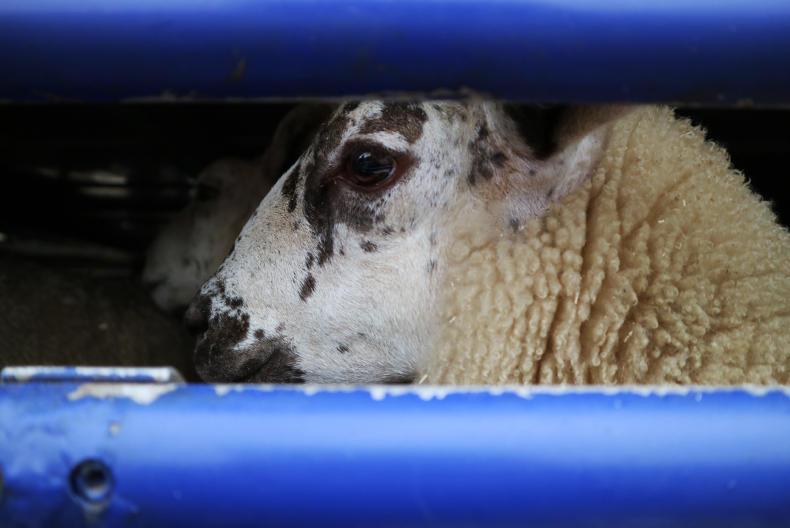Despite demand from industry bodies, the Scottish Government has opened the Scottish Upland Sheep Support Scheme (SUSS) unchanged. NFU Scotland, the National Sheep Association (NSA) and the Crofting Federation have all condemned the Scottish Government for not making the rule more farmer friendly.
All farming groups had sought to extend the application period, focus payments on genuine replacement ewe hoggs and shorten the retention period.
“While disappointed at the response, correspondence with Scottish Government hints at the possibility of scheme changes next year and we will continue to pursue scheme improvements on behalf of applicants,” said Martin Kennedy, NFU Scotland’s vice-president and Less Favoured Areas committee chair.
“Given the very wet season, and clear indications that many of our hill farmers are well behind in their workload, we remind them of the need to meet the short application window and that retention period requirements to 31 March 2018 are unchanged.”
The SUSS scheme was a token gesture for the sheep sector and the Scottish Government is not motivated to embrace changes to it, according to the NSA chair John Fyall.
“We have given advice to the Government on SUSS, but we never had a formal sit down to discuss it,” Fyall told Farmers Journal Scotland. “This year in particular the deadlines are impractical. We have had a very poor summer, some people are trying to finish the clip and others are yet to make first-cut silage. The last thing people will think of is getting their SUSS returned by 16 October. The whole point of this scheme is to reward people who are doing a shepherding job in the most difficult part of the country.”
Elsewhere, the Scottish Crofting Federation (SCF) says that while the scheme offers those in region three rough grazing to make up for low basic payments, it has been misused.
“This is a very significant scheme for crofters,” said Yvonne White, vice-chair of the Scottish Crofting Federation (SCF). “It has been misused though, with some large producers claiming not only on their replacements, but on any number of ewe hoggs, the surplus then being sold off. When it is large farms doing this it rapidly uses up the limited budget, depriving others, especially smaller producers, of benefiting from it.”
The £6m scheme opens for application from 1 September until 16 October. It is aimed at rewarding active farmers and crofters on hill farms. The required retention period runs from 17 October 2017 until 31 March 2018.






 This is a subscriber-only article
This is a subscriber-only article









SHARING OPTIONS: